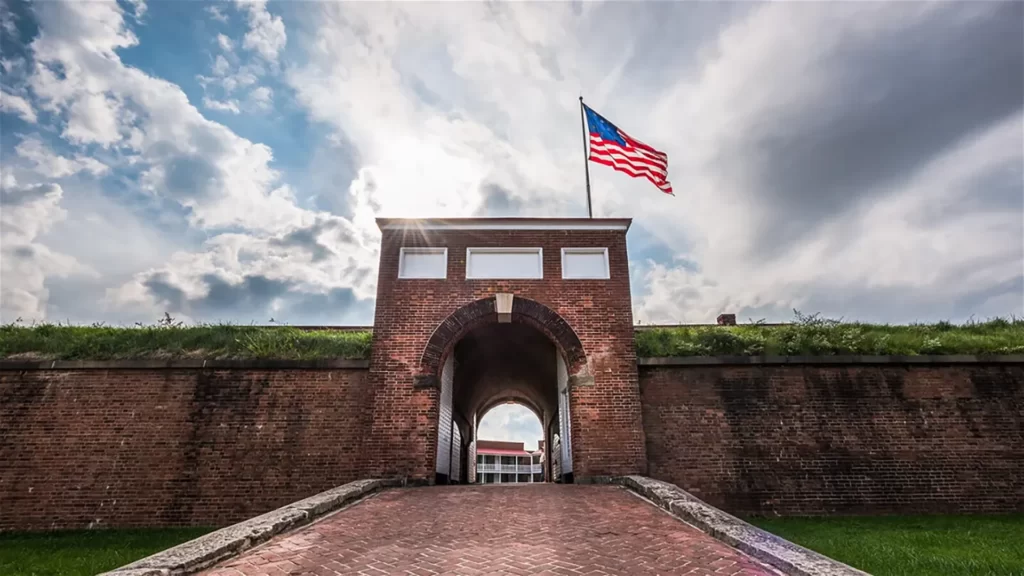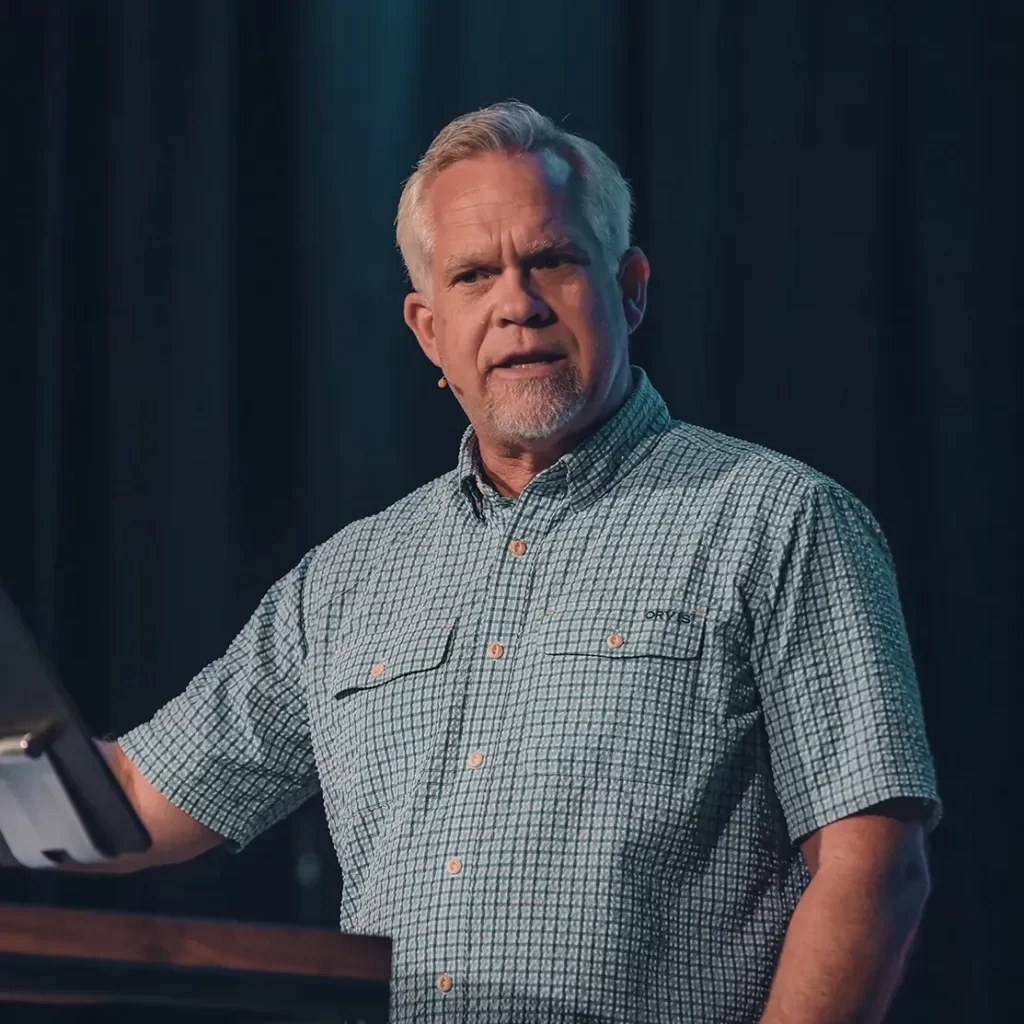It was September 13, 1814, a mere three and a half decades since their successful revolt against British rule. And here they were again in conflict with their old enemy in what has become known as the War of 1812.
It was not going well for fledgling America. The British, high from their recent defeat of Napoleon’s armies, turned their military energy on giving the Americans a sound thrashing.
The British captured, burned, and looted Washington then divided their forces.
Part went south, taking a demoralized Fort Warburton without firing a shot. Terrified, Alexandria surrendered.
The other part went north, where Fort McHenry protected a vital seaport. The British invaded by land first, handily defeating resistance at North Point. The Americans retreated to the fort. The Redcoats took to their warships to prepare for an assault from water. Having the world’s best naval forces along with soldiers that outnumbered McHenry’s infantry ten to one, the British figured that taking it would be a walk in the park.
On September 13, during a heavy thunderstorm, nineteen British warships began a hailstorm of their own. For 25 hours they fired relentlessly on the two-acre fort on a hill overlooking Baltimore Harbor.
A heart-stirring legend says there were POWs on one of the British warships. They pleaded for news of the battle from an attorney who was watching the unmerciful bombardment through a spyglass: “Say, sir! Can you see it? Is it still there?!”
The attorney had been detained while trying to negotiate a prisoner swap. Instead, they were told that if McHenry would surrender—indicated by lowering the flag on its rampart—the shelling would stop, and the fort would be spared just as had the city of Alexandria.
Everyone knew what this really meant was that if the Fort McHenry saved itself by surrendering, the country could very well be lost.
As dawn broke and the smoke cleared on September 14, the attorney exultantly reported to the prisoners that, indeed, the flag was still there. He then penned the song that became our national anthem. It was later reported that as the bombs rained on the fort, snapping the flagpole, its defenders held the flag up physically. As one man had fallen and his soul entered Eternity, another had leaped over his body to keep the banner in place.
When the sun broke through the storm clouds and the echo of the last bomb burst dissolved into the morning mist, it was discovered that the star-spangled banner was only standing because it was being held upright by a pile of dead bodies.
Although the legend has swelled many a patriotic bosom over the past two centuries, the truth is even more stirring.
The truth is that on September 14th, Fort McHenry raised its gigantic flag just as it did at reveille every morning. Hopelessly outnumbered, the Americans had successfully defended their fort from the world’s most powerful military—one that had recently defeated the mighty Napoleon and even more recently had forced President Madison to flee Washington. Of the 1,000 men who had defended Fort McHenry through what must have seemed like an interminable barrage, only four were dead and twenty-four wounded. The survivors, rightly, gave glory to Almighty God because the victory was His.
The courageous remnant at Fort McHenry who kept our colors flying was barely one generation away from the war for our nation’s independence. The soldiers at Fort Warburton who had laid down their weapons and the people of Alexandria who had surrendered their city were just as close on the historic timeline as were McHenry’s defenders. We wonder how so many could forget so fast.
Historically, we humans have always had short memories. Today we are only one generation away from President Reagan’s touting “peace through strength” and patriotism was its highest since WW2. A mere 42 years later, many schoolchildren won’t rise to their feet for the Pledge of Allegiance. And their heroes take a knee when the national anthem is played. If the problem is not reversed, America is one generation away from destruction.
We, today’s remnant, are aware that just like McHenry’s defenders, we are hopelessly outnumbered. It would be easy to look at our chaotic culture and wonder if our faith and courage are enough to deflect the enemy’s attacks—much less to inspire others to join us in bringing America back to its godly roots.
We can find hope in remembering that Fort McHenry’s courageous stand was contagious; it buoyed the rest of America. God had answered prayers for deliverance of a tiny fort that was bombarded with 1500 rockets and cannonballs over 25 hours, spelling the beginning of the end for the British. They turned away to the south, heading to what would be their own thrashing at the Battle of New Orleans.
As we pray and repent identificationally for America, we can be confident that God hears. He’s not willing that any should perish—including the upcoming generation. His arms are open to embrace all who accept His offer of salvation. And for every person who accepts that offer, we will give glory to Almighty God–because the victory is His.




